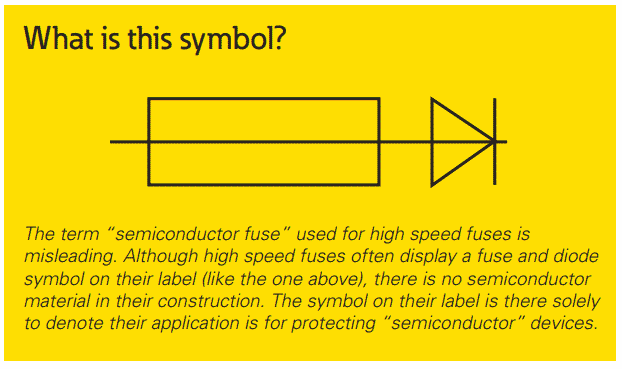alexbdim
Member
Update! 
While driving now on the highway to the airport and having the A/C on, regardless it wasn’t working, suddenly the compressor kicked in and we are back in business.
You can imagine how many questions are now coming up in our heads! Any thoughts?
While driving now on the highway to the airport and having the A/C on, regardless it wasn’t working, suddenly the compressor kicked in and we are back in business.
You can imagine how many questions are now coming up in our heads! Any thoughts?



